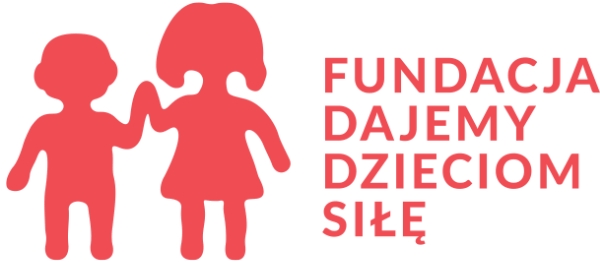Agenda
Tuesday, 23rd September
Wednesday, 24th September
Can we recognize the negative impact of technology early enough and design better paths for its development? Technology of the 2010s focused on capturing and holding our attention. We now know that a business model based on maximizing user engagement encouraged endless scrolling, social media addiction, and distraction. In the face of health and psychological consequences for children and adolescents, the first systemic corrective measures are being introduced. The harmful effects of social media, however, were not inevitable – they were the consequence of deliberate choices in app design and insufficient legal regulations.
AI meets us on a deeper level – emotional and relational. It helps shape thoughts, takes on the role of therapist, friend, confidant, partner. AI systems have ceased to be tools we merely use; they themselves exploit the human need for closeness and connection in the face of widespread loneliness. At the same time, the emergence of generative artificial intelligence has triggered a flood of high-quality synthetic media in the digital ecosystem. As a result, it is harder than ever to distinguish what is real and what is not. In the coming future, the most influential voices may belong to artificial intelligence, which will fill our information channels, shape our choices, and accompany our children more than we do.
Technology is a collective challenge. During the debate, we will look beyond utopian fantasies and grim forecasts about AI, and reflect on how not to repeat the mistakes of the past, how to responsibly shape the future of technology, and how to protect children and adolescents from its negative effects.








